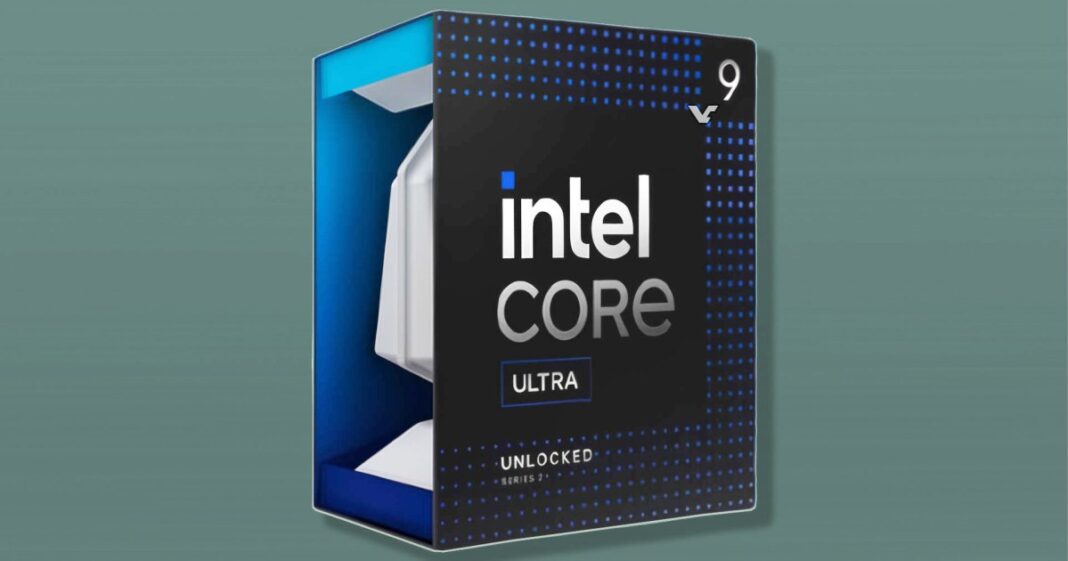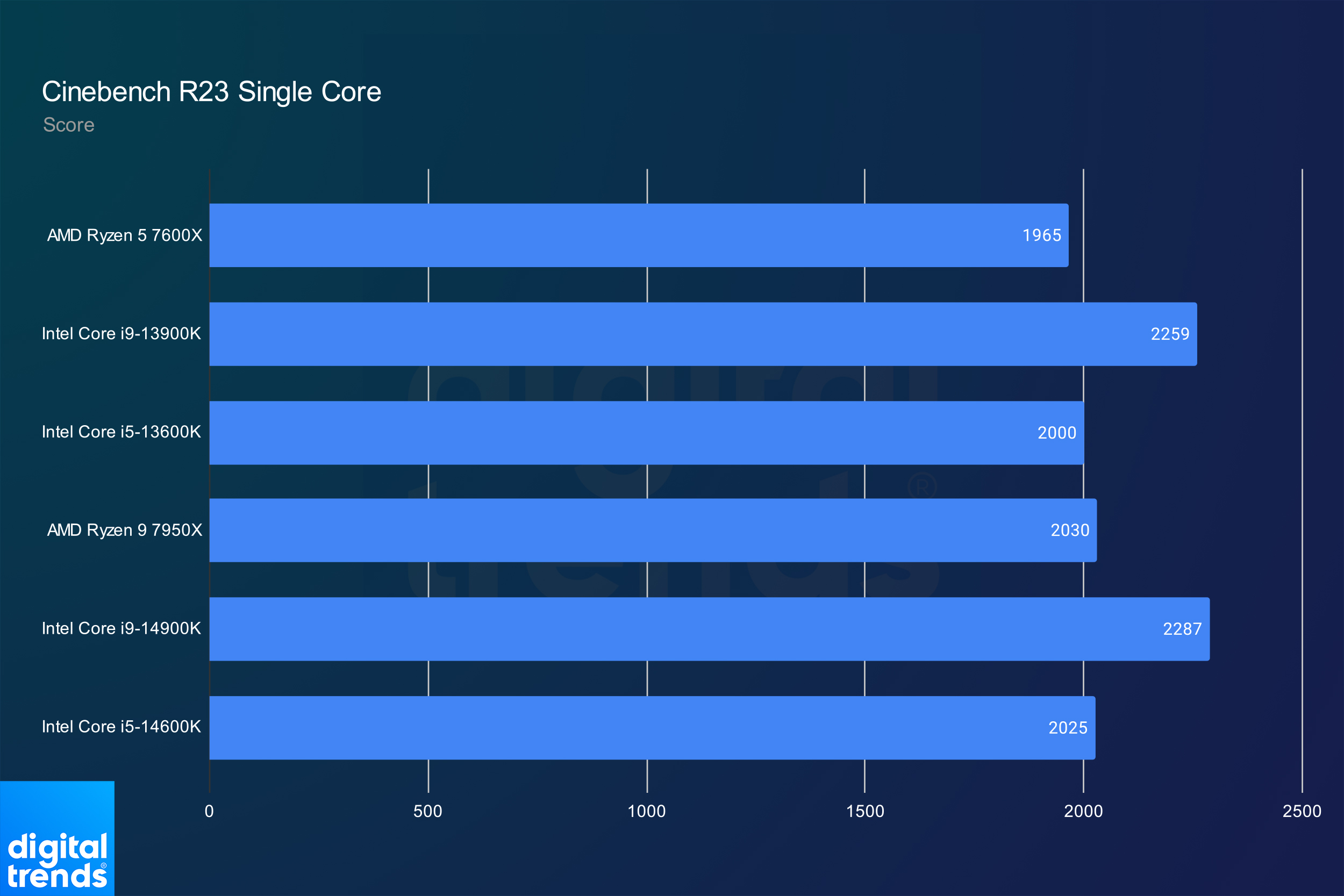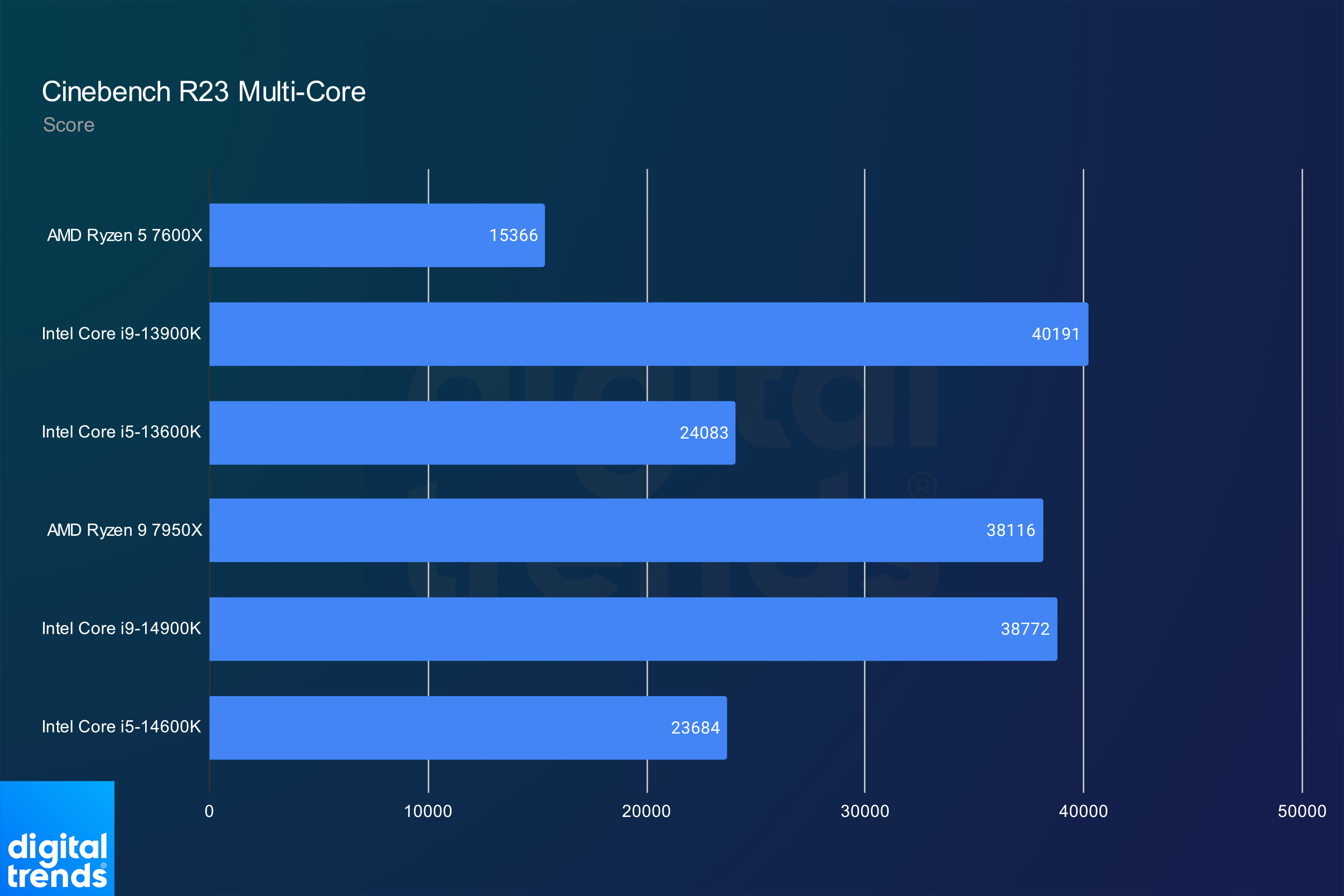The consensus during the launch of a new PC hardware component is that it is faster or more powerful compared to the outgoing model or competition. But that may not be the case with Intel’s latest Arrow Lake-S CPUs. The first crop of Intel’s Core Ultra 200S desktop processors was officially unveiled yesterday and features five new SKUs led by the Core Ultra 9 285K.
By itself, the latest flagship is a very capable chip, but Intel says it is (in most cases) on par with last-gen’s Core i9-14900K. The catch here is that the entire Arrow Lake-S lineup consumes less power, thus generating less heat. That is great news for general consumers and enthusiasts who are particularly worried about high electricity costs and thermal management.
But based on what we know so far, how does it fare against AMD’s best CPU, the Ryzen 7 7800X3D? Let’s dig deeper.
Pricing and availability
The AMD Ryzen 7 7800X3D based on the Zen 4 architecture was launched in April 2023 and was announced as a successor to the Ryzen 7 5800X3D. This chip is currently one of the best CPU options for gamers until AMD decides to launch 3D V-cache variants of the Ryzen 9000 series.
Intel’s Core Ultra 9 285K processor is the top-of-the-line desktop CPU offering under the newly launched Arrow Lake-S series. The new chip will go on sale with the entire Core Ultra 200S lineup starting October 24, 2024.
The Ryzen 7 7800X3D was originally launched at an MSRP of $450, but you can get it for about $430 at stores like Best Buy and Micro Center. The new Core Ultra 9 285K is a lot more expensive and will retail at $589.
Specifications
| Intel Core Ultra 9 285K | AMD Ryzen 7 7800X3D | |
| Cores/Threads | 24/24 | 8/16 |
| Boost clock speeds | 5.7GHz | 5GHz |
| Cache L2/L3 | 40/36MB | 8/96MB |
| Base/Boost TDP | 125/250W | 120W |
| Current price | $589 | $430 |
The new Core Ultra 9 285K offers high-tier specs, offering a lot more cores, threads, and higher clock speed capabilities. While Intel claims lower power consumption compared to 14th-gen, the Ryzen 7 7800X3D operates at 120W, which is lower than the base TDP of the Core Ultra 9 285K.
AMD also has an edge when it comes to cache. Thanks to the implementation of 3D V-Cache technology, the combined 104MB is miles ahead of 76MB on the Core Ultra 9 285K. This will particularly work in favor of the Ryzen 7 7800X3D when it comes to gaming.
Performance
The new Arrow Lake-S lineup is a big step for Intel in terms of architecture. Following the same path as the latest Lunar Lake mobile chips, the new Core Ultra 200S CPUs feature a tiled architecture with Lion Cove P-Cores and Skymont E-cores packed using Intel’s Feveros technology. Intel is also ditching hyper-threading in an attempt to reduce power consumption and, at the same time, improve multithread performance.
The new Arrow Lake-S is also the first desktop class of CPUs from Intel that comes with a built-in neural processing unit (NPU), meaning it can handle AI tasks more efficiently. There’s also native support for faster DDR5 memory, the latest connectivity options, and a new Thread Director.
We haven’t put the new Core Ultra 9 285K on the test bench yet, nor has Intel shared any substantial performance numbers. But judging by the claims, if the Core Ultra 9 285K is indeed as powerful as the Core i9-14900K, then it is safe to assume that Intel’s latest flagship is going to be faster than the Ryzen 7 7800X3D in both single-core and multi-core performance.
Gaming is where we expect to see the complete opposite results. The Ryzen 7 7800X3D, thanks to its impressive 3D V-Cache, will likely continue to lead in almost every single gaming title compared to the Core Ultra 9 285K. In fact, the 7800X3D offers similar gaming performance as the more expensive Ryzen 9 7950X3D.
An uphill battle
We haven’t tested the Core Ultra 9 258K yet, so we don’t have exact performance numbers. Before we do, we can’t say exactly how it stacks up against the 7800X3D and which you should necessarily buy.
At $589, the new Core Ultra 9 285K comes at a launch price that is comparable to the Core i9-14900K. However, you can grab the latter for about $500, considering you are prepared to deal with higher power consumption and own a powerful cooling solution.
If you are planning to build a new system for pure gaming purposes, though, the Core Ultra 9 258K looks like it may have trouble matching up against the cheaper Ryzen 7 7800X3D. Heck, even AMD’s latest-gen Zen 5 processors are struggling to compete against that chip. Granted that you get fewer cores and threads, but this Zen 4 chip continues to lead the charts, offering the best gaming experience without consuming insane amounts of power. On the other hand, we’ll have to wait until we have the Core Ultra 9 258K on our test bench before we give it a final verdict.
Source link












